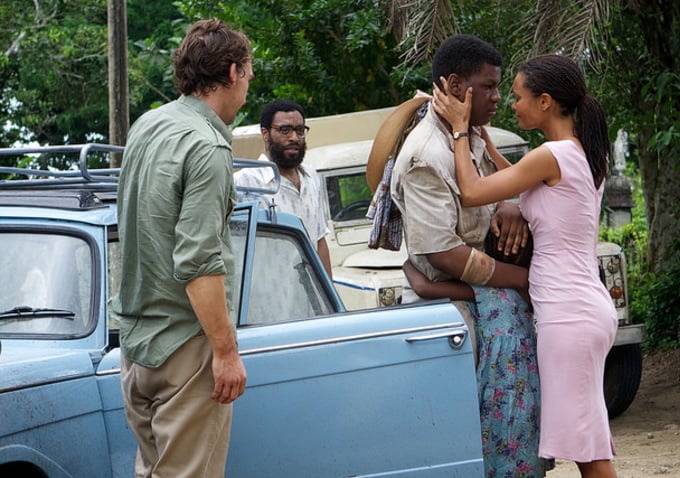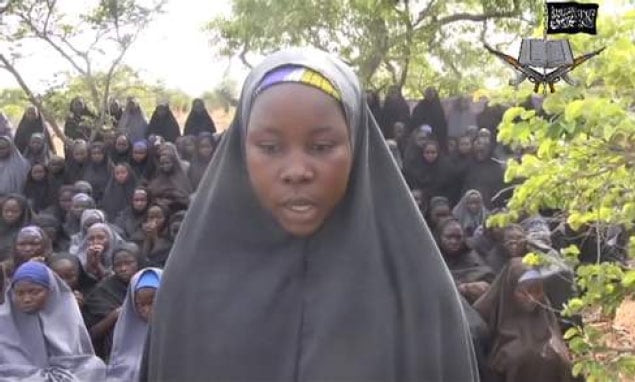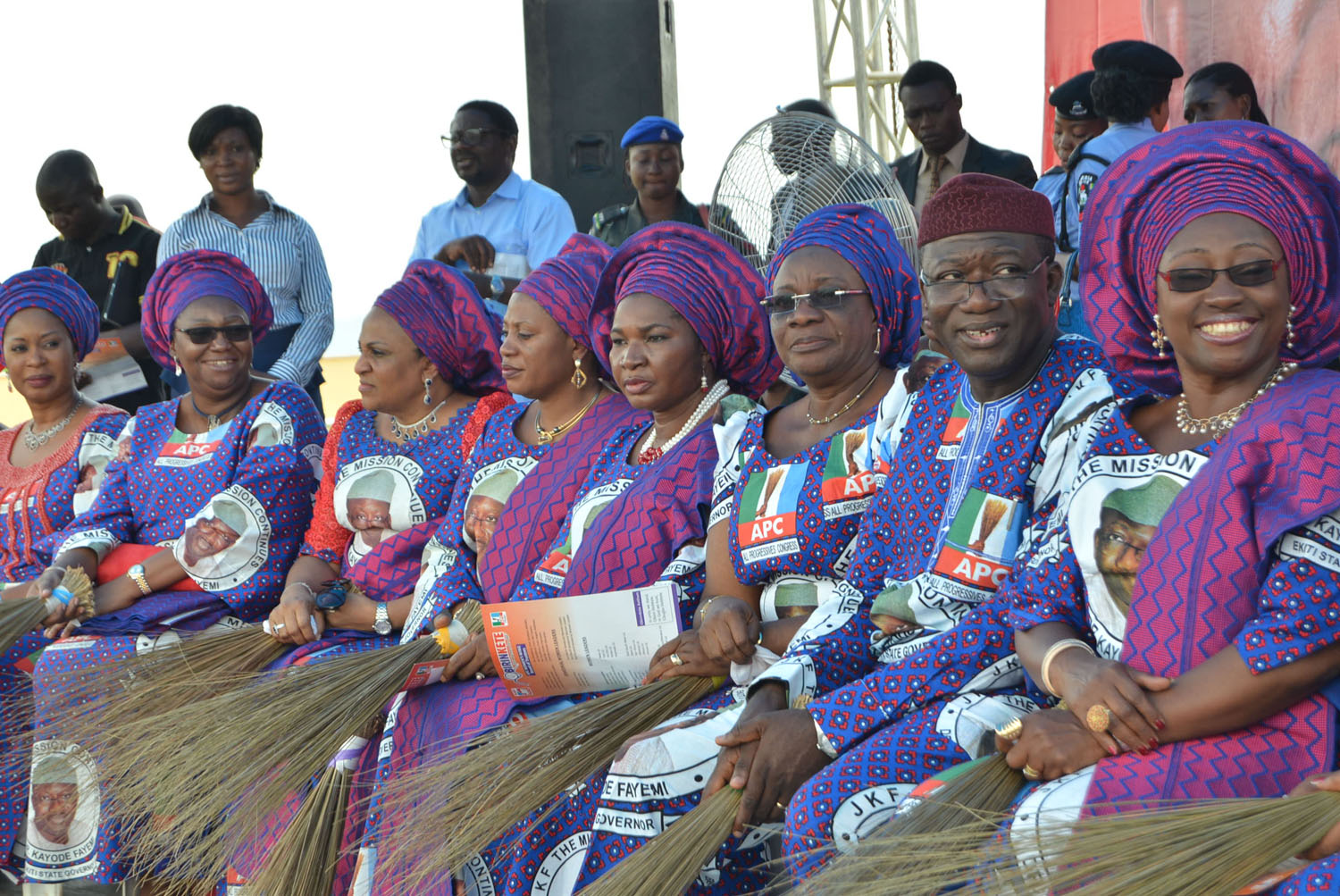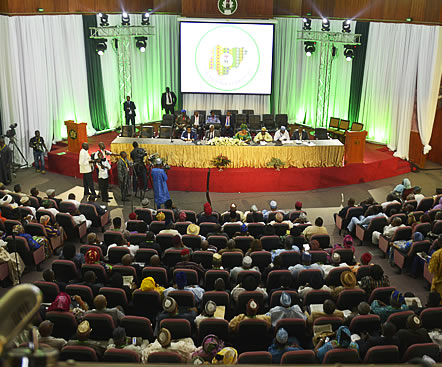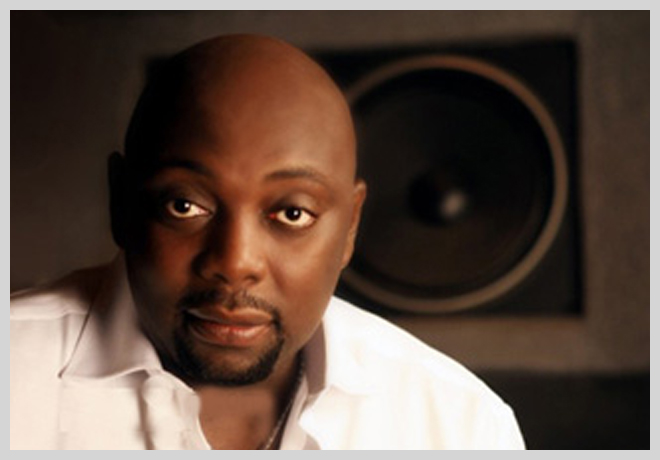Biyi Bandele, director of Half of a Yellow Sun — a movie adaptation of Chimamanda Adichie’s award-winning love/ civil war novel with the same title — says willing Nigerians will someway get to watch the movie, notwithstanding the ongoing regulatory impediment.
Plans to premier the movie — starring Oscar nominee, Chiwetel Ejiofor and Thandie Newton — on April 25, 2014, were scuppered by the Nigerian Film and Video Censors Board (NFVCB), which claimed that “certain aspects of the film have some unresolved issues, which have to be sorted out in accordance with the law and laid down regulations.”
But writing an opinion to CNN on Wednesday, Bandele asserted that blocking the premier of the film will certainly not prevent Nigerians interested in it from seeing it.
“Whether or not the film eventually gets a ratings certificate in Nigeria, Half of a Yellow Sun will be seen by millions of Nigerians,” the revered director wrote.
Advertisement
“The question is: will they be allowed to see it in their local cinemas and on legally acquired DVDs or will they be forced to watch it on pirate DVDs and through illegal downloads?
“If the biggest film that’s ever been made in Nigeria is available to Nigerians only in bootleg form, the censorship board will be doing to the Nigerian film industry what Boko Haram is trying to do to Nigeria: drive a stake through its heart. I sincerely hope they both fail.”
Still to come to terms with the reasons for denying the movie certification, Bandele recalled that the world premiere of the film at the Toronto International Film Festival last year was attended by Director-General of NFVCB, Patricia Bala, and other officers of the censor’s office. And all of them, led by Bala, expressed their love for the movie, after the audience had risen to give the film three standing ovations.
Advertisement
“Since the Toronto premiere those many months ago, I’ve seen Half of a Yellow Sun at other film festivals in all corners of the globe. And Nigerians, being the ubiquitous people that we are, have been present in the audiences — quite often in great numbers — at each of these festivals,” he added.
“I am yet to meet a single Nigerian who has seen the film who came out of the cinema thinking that they had just seen a film that would incite anyone to violence.
“If anything, more than once, I’ve been accosted by cinema-goers — some Nigerian, but really, people of all races — who have been profoundly moved by the experience of watching the film. The refrain I’ve heard from them is ‘war is nasty, isn’t it?’”
Advertisement
